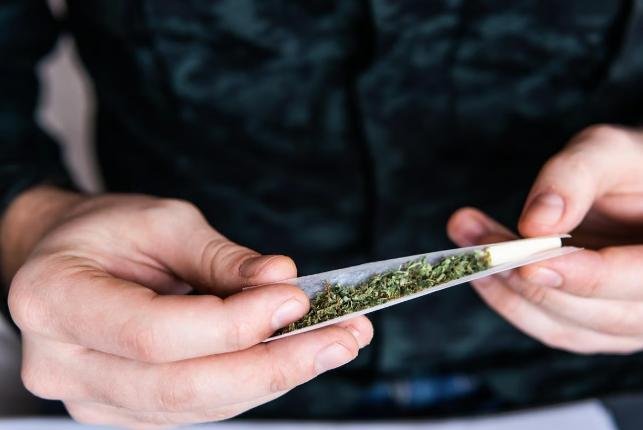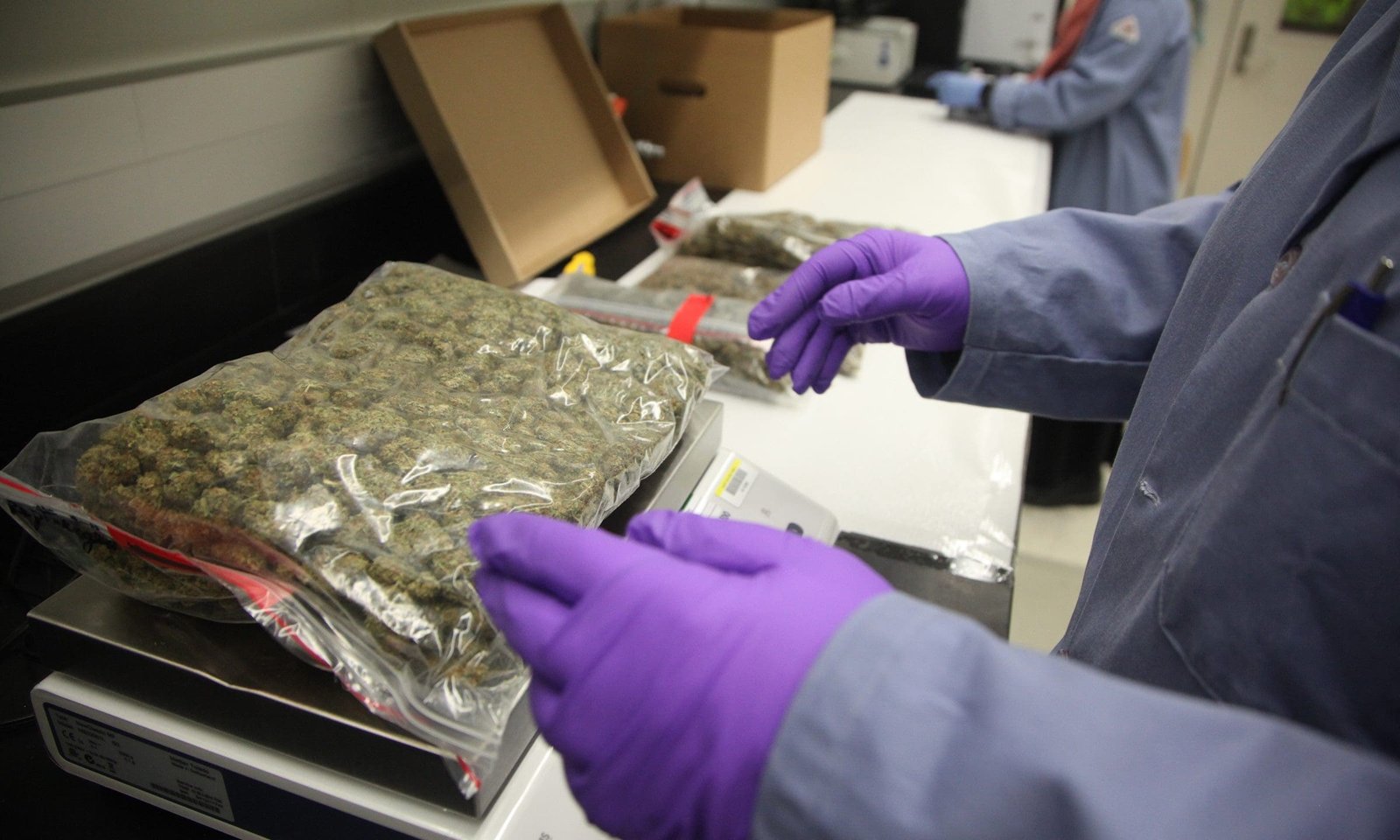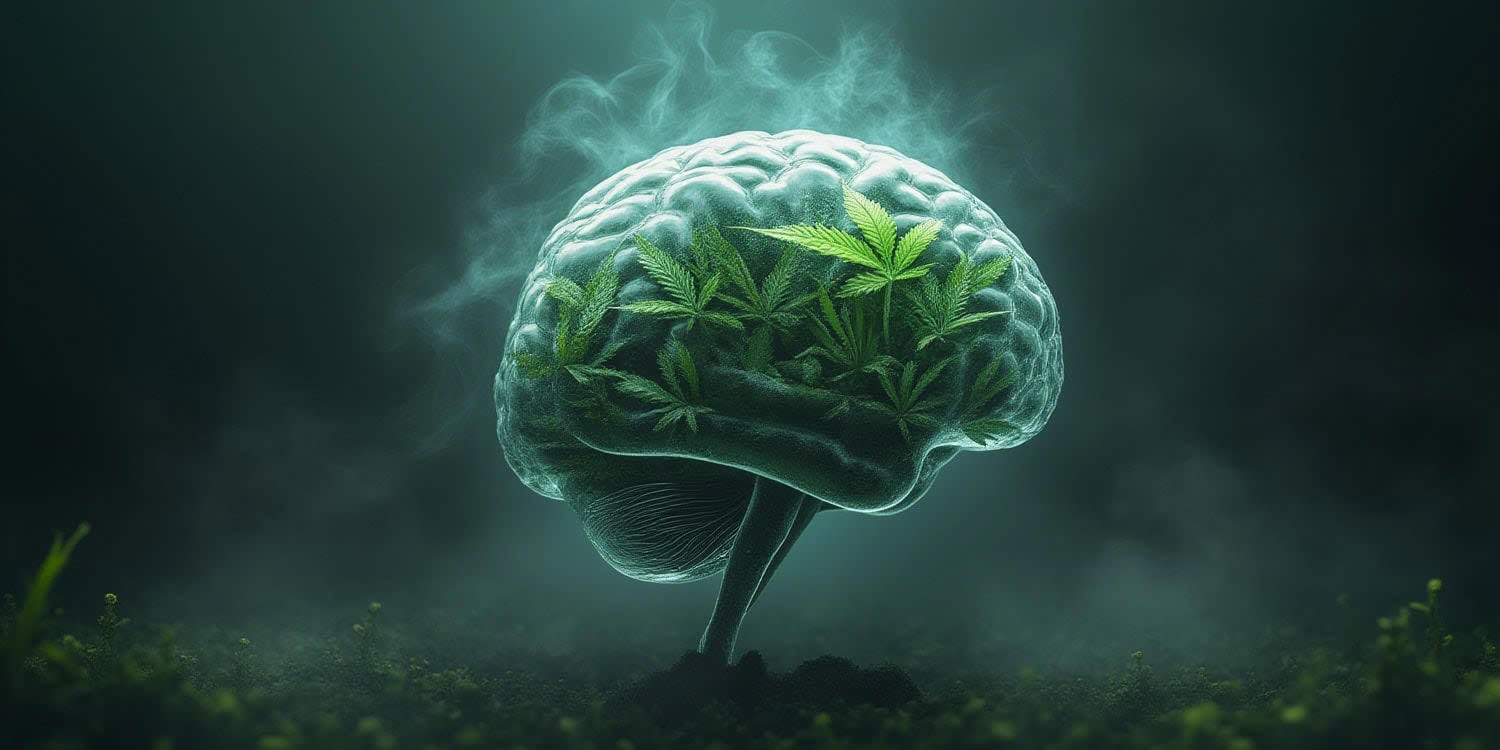A recent study from the University of California-San Francisco indicates that regular use of cannabis, whether through smoking or consuming THC-infused edibles, may harm blood vessels similarly to tobacco. Researchers evaluated the vascular health of 55 participants aged 18 to 50, comparing those who consumed cannabis at least three times a week for a year to non-users, according to findings published in JAMA Cardiology.
The study revealed significant reductions in vascular function, with cannabis smokers experiencing a 42% decline and those consuming THC edibles showing a 56% decrease compared to non-users. Dr. Leila Mohammadi, the lead researcher, highlighted that this reduced vascular function could be an early indicator of potential blood vessel damage, which is associated with increased risks of heart attacks and strokes later in life.
To assess vascular health, researchers employed ultrasound techniques to measure how well participants’ arm arteries expanded after a temporary restriction of blood flow. The inability of arteries to dilate adequately suggests underlying issues with vessel health that may lead to cardiovascular diseases.
Dr. Matthew Springer, a senior author of the study, noted, ‘We’re looking at early changes that may explain why cannabis use is linked to later heart disease.’ He emphasized that both the act of smoking and the effects of THC contribute to these vascular changes.
Interestingly, even participants who consumed THC-laced edibles but did not smoke cannabis showed impaired vascular function, surprising some experts. Dr. Andrew Freeman, a cardiologist who reviewed the research, raised questions about the safety of various cannabis consumption methods, suggesting that options like edibles may not be as harmless as previously believed.
The study also indicated a correlation between the frequency of cannabis use and the degree of vascular impairment. While the participants did not exhibit signs of blocked arteries or plaque accumulation, the study indicates that the vessels did not expand as needed to accommodate increased blood flow, hinting at unhealthy vascular walls.
Additionally, laboratory tests indicated that blood from cannabis smokers led to a 27% reduction in nitric oxide production, a compound that helps blood vessels relax and widen. In contrast, previous research showed a 39% drop in nitric oxide from tobacco smokers’ blood. Notably, blood from THC edible users did not produce the same reduction in nitric oxide levels.
Springer advised against switching from tobacco to cannabis, stating that both smoking forms pose risks to heart and vascular health. The American Heart Association recommends that individuals avoid smoking or vaping any substances, including cannabis, highlighting that irregular heart rhythms can occur shortly after using THC.
Further investigation is necessary to determine whether non-smoked cannabis products could offer a safer alternative. Dr. Freeman remarked on the need for more extensive studies to explore this issue. ‘In people, there’s a Goldilocks zone for everything – too much doesn’t work, too little doesn’t work, but just right is fine,’ he concluded. ‘We need further investigations to find if there is a Goldilocks zone for cannabis use regarding heart health.’
For more information on cannabis and heart health, the U.S. Centers for Disease Control and Prevention provides resources and guidance.




